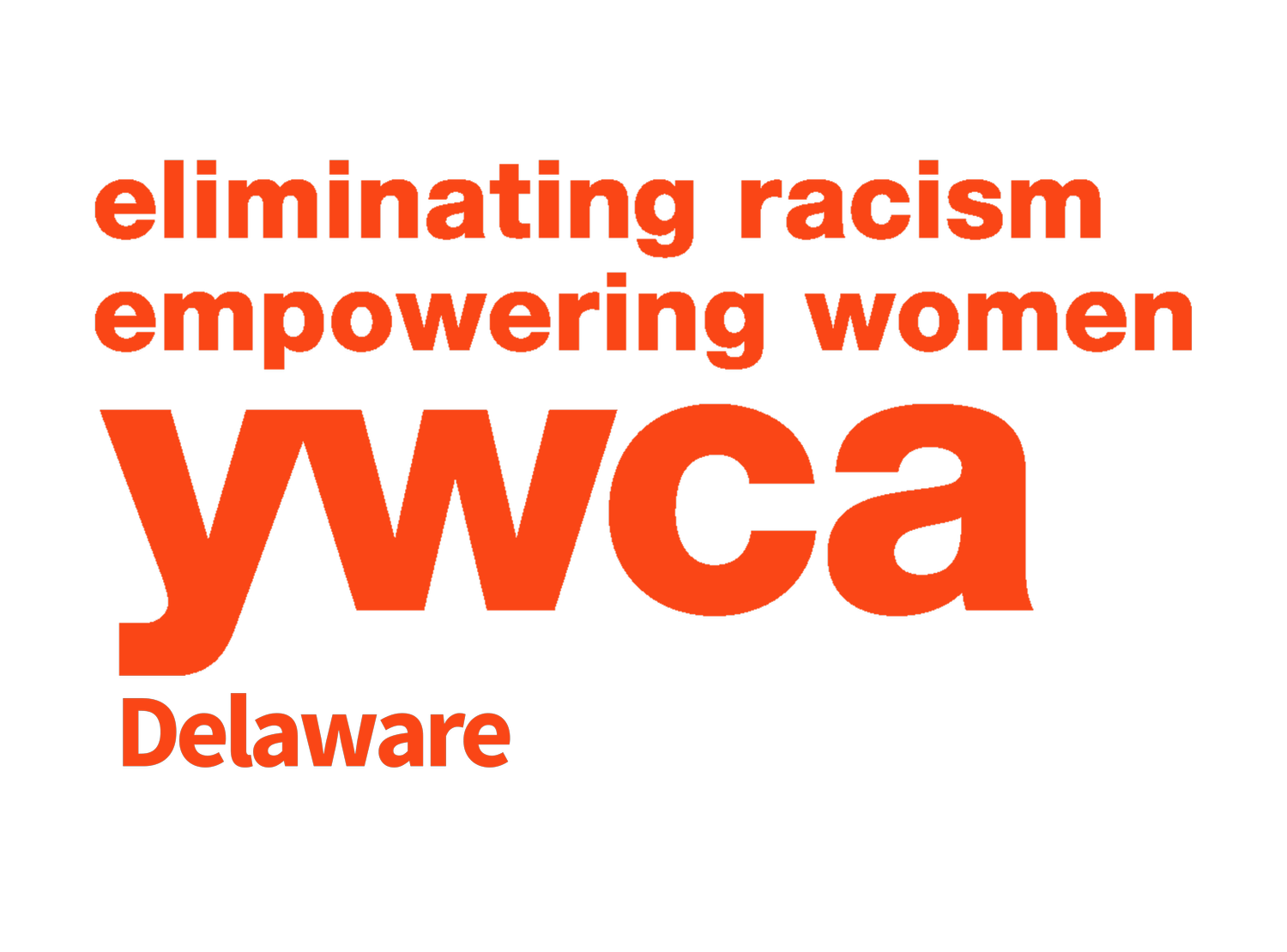
Journey to Freedom: A Juneteenth Celebration
Juneteenth is one of the most valuable American holidays, providing a poignant opportunity to reflect on over 405 years of history shaped by slavery and its enduring impact on our society. Celebrated as the end of slavery in the United States, Juneteenth is known by various names such as Emancipation Day, Freedom Day, Jubilee Day, Juneteenth Independence Day, and Black Independence Day. It marks the historic moment on June 19th, 1865, when the last enslaved Africans in Galveston, Texas, learned of their freedom, two years after the Emancipation Proclamation officially abolished slavery in 1863.
Despite this declaration, the struggle for freedom persisted across the nation. Major General Gordon Granger’s order in Galveston was a critical step towards liberation, yet racist hierarchies continued to restrict the freedoms of those descended from enslaved people, a reality that persists today, 159 years later.
Juneteenth gained national recognition as a federal holiday on June 17, 2021 (thanks to advocates like Opal Lee), signifying a momentous acknowledgment of its significance in American history. Today, all 50 states and the District of Columbia recognize Juneteenth, with at least 22 states and the District of Columbia designating it as a permanent paid and/or legal holiday through legislation or executive action.
Reflecting on our history, we cannot overlook the profound impact of slavery and subsequent legislative and societal frameworks that shaped freedom in America. From the arrival of enslaved Africans in 1619 to the present day, the journey to full emancipation has been marked by monumental struggles and achievements. The quest for civil rights continues amidst challenges such as legislative efforts to restrict voting rights and the exploitation of incarcerated individuals for labor under the guise of the 13th Amendment.
As we commemorate Juneteenth and reflect on these historical and contemporary struggles, we honor the sacrifices, determination, and achievements of countless leaders who have fought to uproot slavery and advance the cause of justice. Education, civic engagement, and perseverance are crucial as we strive to build a just society that upholds dignity and justice for all.
Thank you for joining us today in this public space to celebrate, remember, and reflect on the journey to freedom. Your support is integral to our mission of empowering women, eliminating racism, and fostering a democracy that promotes peace and justice for all.
Explore Our Journey to Freedom
Mile Markers
-
Courageous Leaders of the Abolitionist Movement
-
Pioneers of YWCA
-
Civil Rights in America
-
Celebrating Voting Rights Champions
-
Spotlighting Reproductive Justice Advocates
-
Champions of Education Equality
-
Advocates Driving Criminal Justice Reform
-
Pioneers of Housing Justice
-
Youth Leaders of America
YWCA Delaware's Racial and Social Justice (RSJ) program helps to transform communities by awakening consciousness, promoting inclusion and solidarity, and cultivating civic engagement in individuals and organizations to advocate for justice and inspire a movement.
